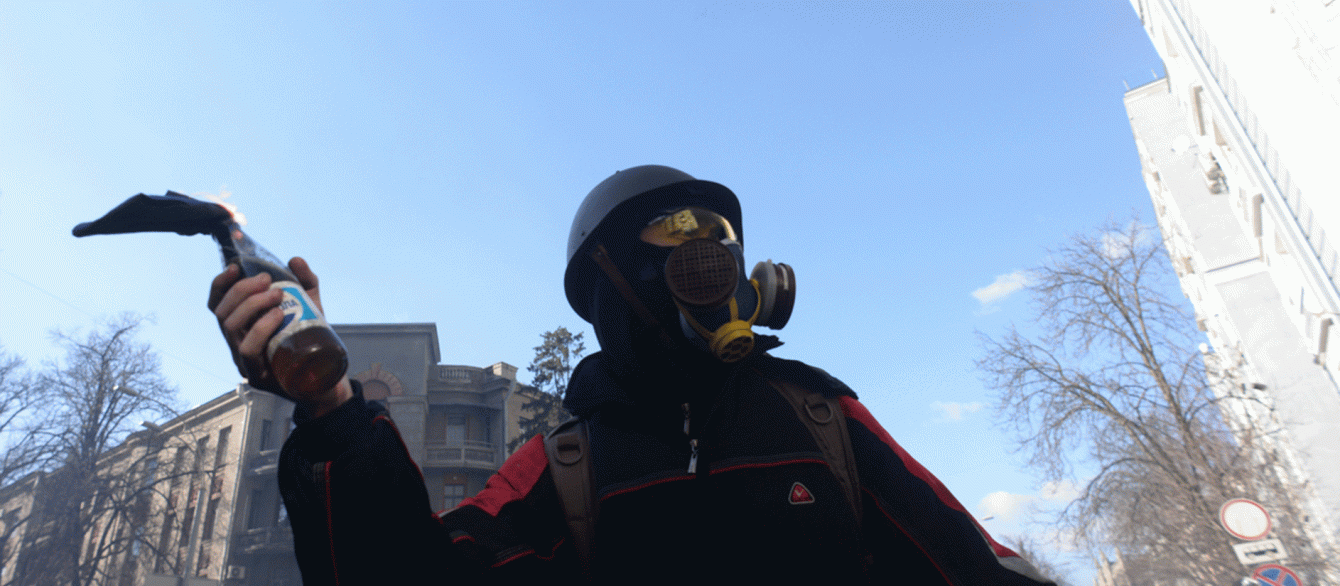The Russian war on Ukraine transformed––splintered and reconstituted––activism in Russia. In its discourses and practices, the world of current Russian activism looks little like its prewar counterpart. One tactic has moved to the foreground: sabotage, once practiced only by fringe radical groups, and now used by groups across the political spectrum of anti-Putin opposition. Each of the current sabotage-focused groups makes historical claims about the efficacy of sabotage on social media, discussing its predecessors among Russian revolutionaries, World War II partisans, and other figures from Russian history. These historical narratives emphasize the dignity, heroism, and even inevitability of the current antiwar saboteurs and remind us of a different, anti-imperial, or even anti-statist Russian history. Their manifestos, their use of short, attention-grabbing texts and images, seek not so much to enlist (a security hazard) but to inspire copycat actions. However, our preliminary data on antiwar sabotage suggests a complicated picture: most acts of sabotage appear to be carried out spontaneously, by individuals, rather than groups. Ukrainian and (anti-Lukashenka) Belarusian assistance seems likely. The media landscape of reporting on sabotage complicates the picture further, appearing to drive spontaneous responses by officials and the public and to censor others. A presentation of new research, this paper will share some contradictory results from a multi-pronged data-gathering project on antiwar sabotage.
Sponsorship
Department of Slavic Languages and Literatures at Harvard University
Accessibility
The Davis Center for Russian and Eurasian Studies at Harvard University encourages persons with disabilities to participate in its programs and activities. If you anticipate needing any type of accommodation or have questions about the physical access provided, please contact us at 617-495-4037 or daviscenter@fas.harvard.edu in advance of your participation or visit. Requests for Sign Language interpreters and/or CART providers should be made at least two weeks in advance if possible. Please note that the Davis Center will make every effort to secure services but that services are subject to availability.




